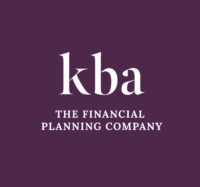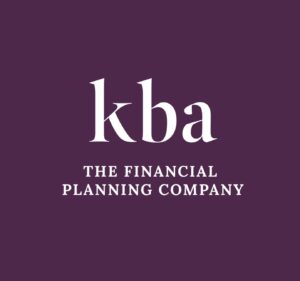In March 2014, the chancellor at the time, George Osborne, announced a major change to the way some people could access their pension when they came to retire. This change came into effect in the tax year 2015/16 and is known as “Pension Freedoms”. This video will explain the change, who it affects, what it means and some of the key things you will need to look out for. Pension Freedoms does not apply to all types of pension.
We’re only really talking private pensions, where you and/or your employer saved up a pot of cash for retirement. These are known as “defined contribution” or “money purchase” pensions. It doesn’t apply to the State Pension. Nor in the main part does it apply to pensions where what you’re paid is a proportion of your final salary, known technically as “defined benefit” pensions.
Before the Pension Freedoms changes came in, the typical option used by most people was to cash in their pension, take 25% as a tax-free sum, and use the remainder of the money to buy an annuity – a product that pays you an income each year until you die. Now, you can take the pot freely and in a flexible manner including, if you choose, all the pot in one go. You should note, however, that you cannot do anything with a pension, in terms of using the freedom rules, until you have reached the age of 55. From that age, you can access your pension to help you in retirement. This includes withdrawing all the money in one go. However, this is rarely a good idea.
First off, the new rules still only allow 25% of the pot to be taken as a tax-free sum. That means should you take all the pot in one go, 75% will be taxed. Secondly, most people’s pensions are to support their income needs in retirement, which could stretch over decades, so stripping all the money out early or in one go could mean not enough money is left in later retirement. What the Pension Freedoms rules allow, if you’re not going to take all your money in one go, are three basic options.
Option one is to leave it invested in your pension for when you need it. It’s important to understand in this case, whenever you withdraw sums, you get 25% of each lump sum you withdraw tax-free. For example, if you had £100,000 in your pension and took £10,000 pounds out, you’d get £2,500 of it tax-free. The rest would be taxed at your income tax rate in the year you make the withdrawal.
Option two is to take 25% tax-free, then buy a flexible income drawdown product. This is a product you buy that keeps the rest invested, so it can still hopefully grow, but you can also use it to take income when needed. The tax here is different. You get the first 25% you withdraw tax-free and then the rest is taxed when you take it, which could be useful if you’re likely to be in a lower tax bracket once you’re older.
Option three, which is the same as the main option before Pension Freedoms rules were introduced, is to take 25% tax-free, then buy an annuity. This gives you a guaranteed income each year for the rest of your life.
It is worth pointing out that you’re not forced to do one thing; you can combine any of these options and this may be a sensible way to proceed in many cases. These are the basics.
If you are in a position, either now or in the future, where the Pension Freedoms rules affect you, what do you need to be thinking about?
The first thing to consider is that if you do not cash all your pension chips and you’re not buying an annuity, then your pension, either fully or in part, is going to remain invested. Therefore, you need to consider where you should invest it, the risk on the money left in the pot, and the costs and charges you will incur. You have many choices with all these factors.
Secondly, you will need to think about how much income you will need and when, what other income sources you have, and how you will be best accessing your pension. This can be a complicated estimate stretching over many years. In this regard, using a long-term incumbent expenditure forecast can be very beneficial.
Third, you will need to consider your wider financial position, your health and your future financial risks, such as living for a very long time. With all these factors, we have the experience and expertise to help you and to work through all the factors you will need to consider.


